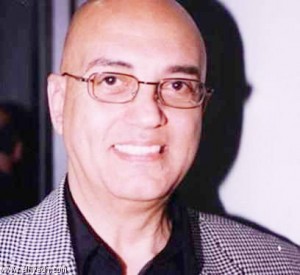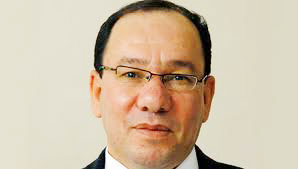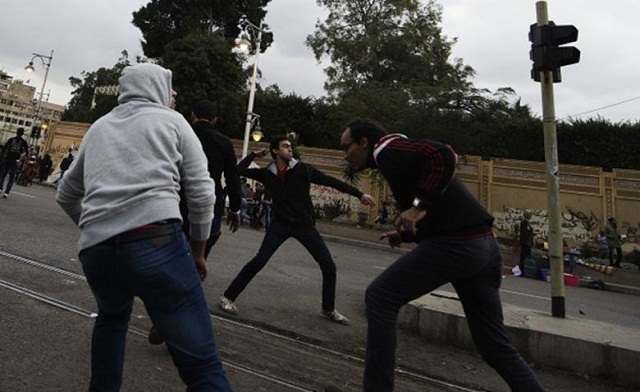After the electoral victory of Diaa Rashwan as the new chairman of the Press Syndicate, several writers in major Egyptian newspapers dissected the elections. Many have stated that Rashwan’s success has proven the failure of the Muslim Brotherhood, which partially supported his rival, Abdel Mohsen Salama.
Journalists and the change
Mohamed Salmawi
Al-Masry Al-Youm newspaper
Salmawi discusses the recent competition between Diaa Rashwan and Abdel Mohsen Salama in the Press Syndicate elections. In his view, Rashwan, who eventually won the position, promises real change for the future of the syndicate. The writer states that although Rashwan’s opponents have accused him of being pro-military, his victory over his rival has proven the failure of the Muslim Brotherhood. Salama, on the contrary, was always described by his foes as a remnant of the old regime.
Salmawi states that the Brotherhood’s misconceptions of Salama represent the group’s short sighted vision and poor judgment. Salama, who is Rashwan’s colleague in Al-Ahram, was partially supported by the Muslim Brotherhood through the former head of the syndicate Mamdouh Al-Wali.
Salmawi believes that the Islamists have ignored the fact that there is a movement that genuinely represents the ideas of the 25 January Revolution. They falsely believed in their own popularity over all institutions in the country, despite the recorded losses in different universities during student unions’ elections. Salmawi concludes his article stating that the choice of Rashwan is indeed an obvious sign of hope for a better future for journalism in Egypt.
Diaa Rashwan in Morsi’s trap
Wael Qandil
Al-Shorouk newspaper
After the success of Diaa Rashwan as the new head of the Press Syndicate Qandil states his victory over Abdel Mohsen Salama was achieved by a slim margin, reminding the writer of President Morsi’s victory in the presidential elections. The writer recalls a piece written by Yasser Negm, an Egyptian writer based in Britain, who congratulates Rashwan on the new position and lists a number of requests.
Qandil agrees with Negm’s demands to stop all false news printed in any newspaper, enforce the media code of ethics, help national newspapers record profits exceeding those made by the most successful newspapers like the New York Times or the Washington Post, suspend journalists who support ousted President Mubarak and his regime and applying firm penalties on any journalist who breaches the basic rules of journalism ethics.
The writer cynically states that journalists should start protesting in front of the Press Syndicate incase their demands are not met. He sarcastically recalls how Egyptians demonstrated against Morsi in front of the presidential. The columnist concludes his article congratulating Rashwan and the newly elected board members.





